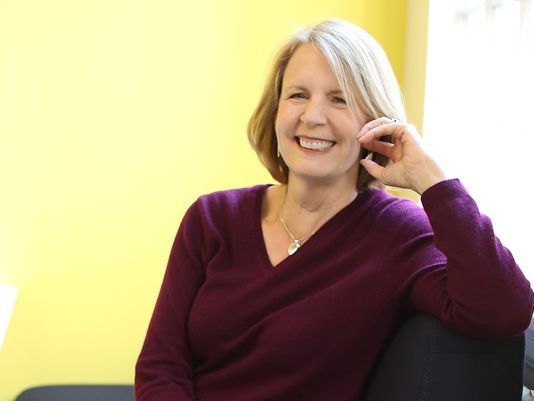
We all know the basic steps we can take to improve our physical health: eat nutritious foods, exercise, get plenty of sleep, and so on.
But how do you get in tip-top financial health? Beyond “save more and spend less,” many of us don’t quite know. So here’s one plan you can follow to whip your finances into Olympic-quality shape.
Step 1: Get rid of your bad debt
Carrying around a lot of debt is like going through your day wearing a backpack full of rocks. It slows down all your progress and holds you back from accomplishing things that would otherwise be easy.
In fact, debt can even put you in a state of negative gain. For example, let’s say you have $1,000 tucked away in investments that are earning you a 10% return every year. That’s a great return, but if you also have $1,000 of credit card debt with an APR of 15%, you’re still losing money overall. And 15% interest is actually quite low compared to typical credit card rates. Clear out all that high-interest debt, and you’ll give your net worth a chance to really grow.
Step 2: Save for emergencies
Once you’ve gotten rid of all that nasty bad debt, the next step is to take out a sort of insurance to keep yourself from getting swamped by bad debt in the future. An emergency fund gives you a resource other than credit cards that you can turn to in times of financial need.
How much should you set aside in your emergency fund? Three months’ worth of expenses is a bare minimum; six months’ to a year’s worth is a better goal.
This money should be stashed in a highly liquid savings vehicle — i.e., something you can tap at a moment’s notice. A bank savings account is one option, but an Internet bank money market account will pay much higher interest and still be quite easy to tap when a financial crisis hits.
Read Entire Article: http://money.cnn.com/2017/05/25/pf/perfect-financial-health/








You must be logged in to post a comment.